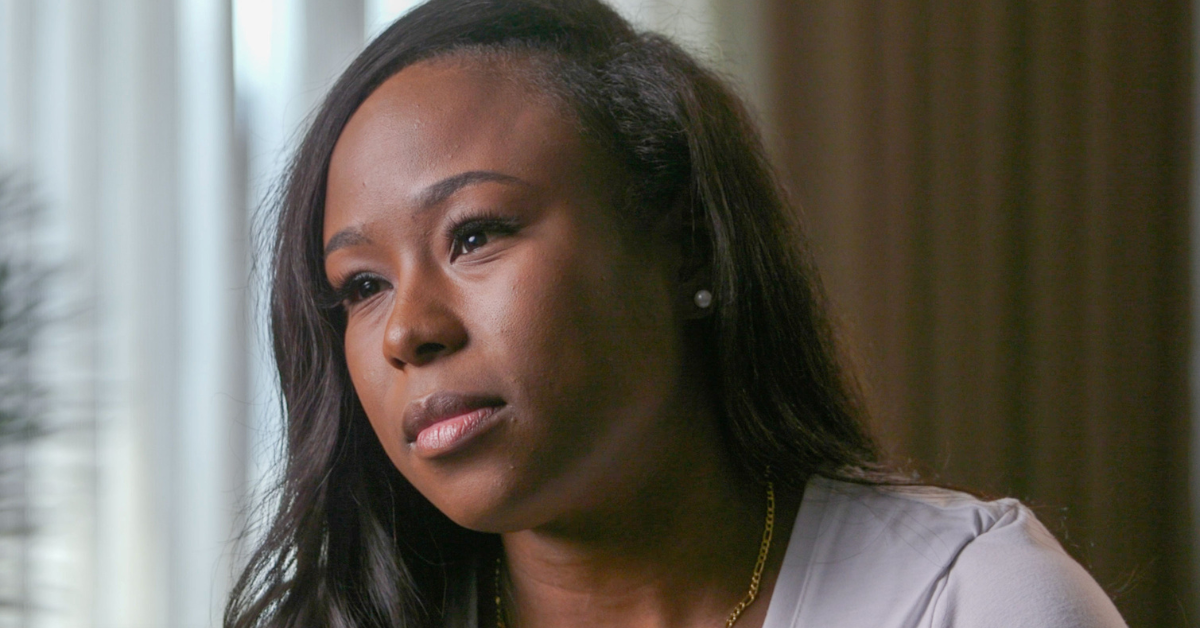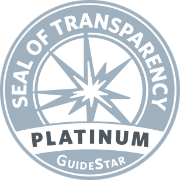National Women’s Health and Fitness Day was established in 2002 to encourage health awareness and fitness for all women. Each year, this day falls on the last Wednesday of September and has been recognized as the largest all-ages women’s health event.
On this day, 80,000 to 100,000 women of all ages are estimated to attend health screenings and physical activity events throughout the country. Typically, these events occur at community recreation centers, schools, senior centers, and hospitals.
In honor of this day and week, we wanted to introduce Rhonda Bush, a local Jefferson Award recipient nominated by WACH, our media partner in Columbia, SC.

When Rhonda experienced anxiety, depression, and PTSD as a military veteran, she turned to her Christian faith. One day, while she was praying, she received the inspiration to found Girl, Get Up Society, a non-profit dedicated to helping women and teen girls facing mental health challenges.
Girl, Get Up Society’s mission is to inspire women and teen girls to get up, have hope, receive healing, and find happiness. It offers members well-being packages that contain self-care items like journals, books, coloring books, and home spa kits.
As Bush states on her website, “wellbeing is at the forefront of what we’re working together towards. Our programs are designed to be a catalyst that helps women and teen girls overcome anxiety, depression, post-traumatic stress disorder (PTSD), postpartum depression, and suicide ideation.”
We had a chance to interview Rhonda at our Celebration of Service event in Indianapolis this past June. In the excerpt below, Bush responds when asked if the stigma around mental health is shifting.
Multiplying Good: How is the stigma around mental health shifting?
Rhonda Bush: I believe the more we talk about it, the more comfortable our culture will become with it. And the more resources will be provided. I also believe that we grew up in an era where we didn't talk about our feelings or, what stays in the house happens in the house.
Even as a believer, we're often told like, okay, you can pray, but therapy is needed as well. We need both aspects. Both tools are necessary. One is no good without the other. I believe as long as we continue to push that out and be supportive and allow people to see transparent people, vulnerable people who aren't afraid to be like, “girl, I'm going through it too.”
That's something that our organization [focuses on]. We pride ourselves on our team, our board members, our volunteers . . . they all have an individual journey connected to mental health.
When we have seminars and webinars and different events, we stand up there and we're like, look, girl, . . . we have gone through it before. We are here with you. We get it. We understand. And I may not understand postpartum because I haven't had a child, but we have someone on our team that does. Someone else may not understand PTSD, or they may think it's only related to the military when that's not necessarily the case. It's connected to any trauma. So, it's just reminding people that we all have an individual unique journey, but we all also have each other.”
Thank you for your outstanding work, Rhonda. We are so proud to be connected to your organization.

